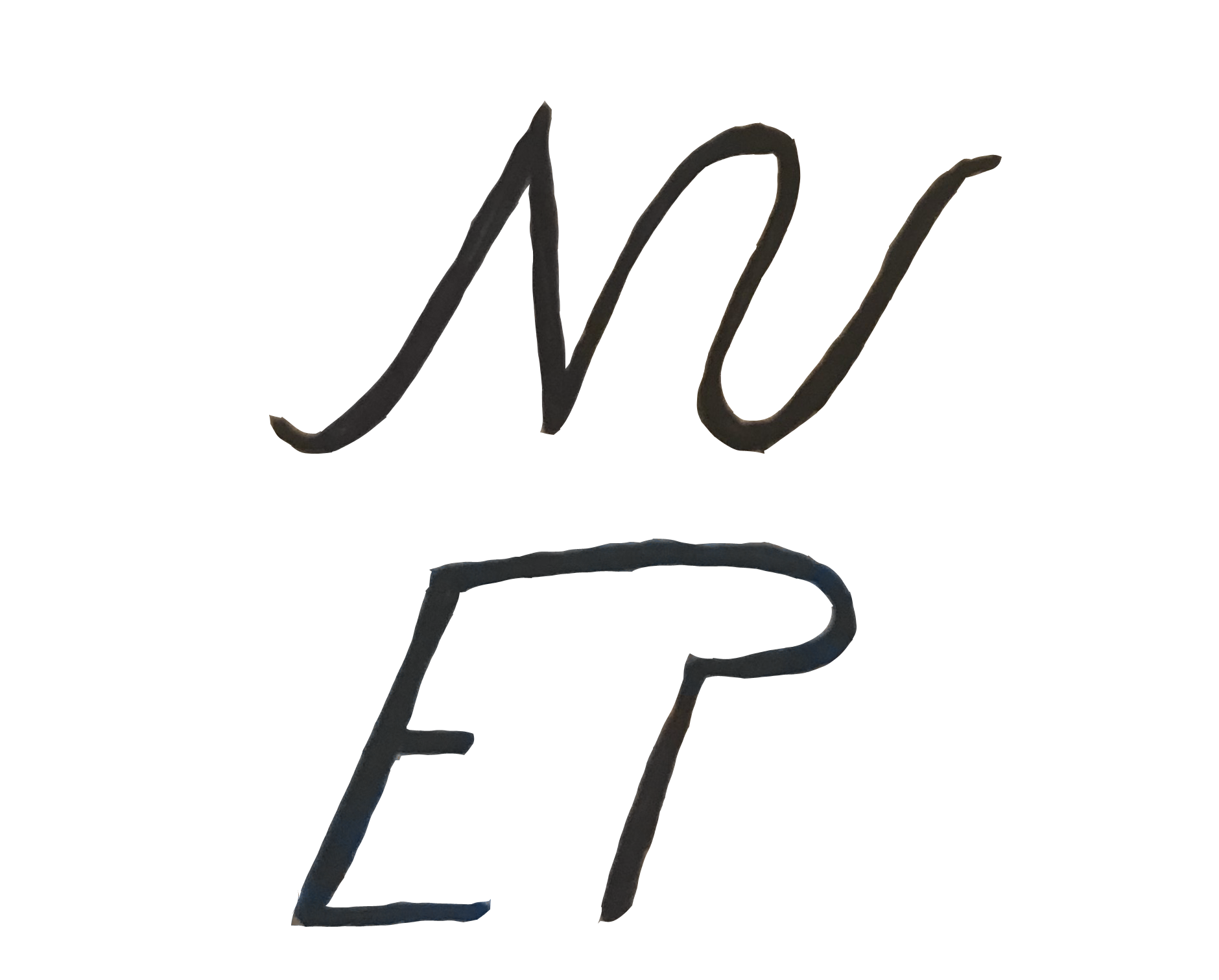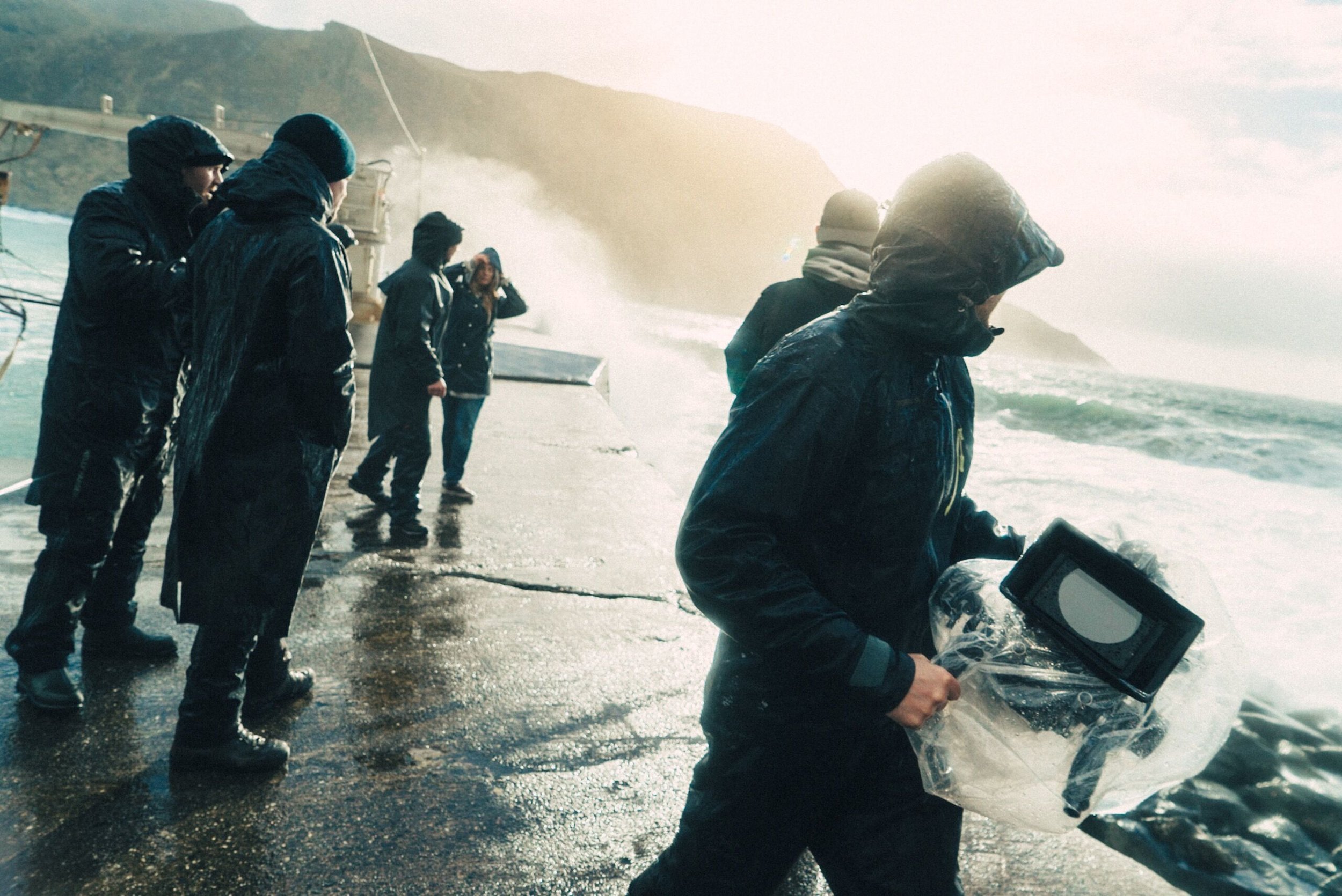The life of a director: A few steps beyond the limit, subconscious inspiration and a snake biting its tail
You might know Niels Windfeldt for his work as a professional athlete or his work as a director at heart. He has truly mastered the task of capturing nature’s beauty and mystery using mostly analog video. In this interview he explained why being a director can be a lonely journey, the flexibility that goes with directing and how he recently had to go a few steps beyond the limit in order to follow through with his vision.
Digital or 8mm film?
Film over pixels, anytime.
Favorite memory from the year so far?
When I filmed a snake eating its tail (which everybody told was impossible).
If you could trade lives with anyone for a day, who would it be?
James Cameron
Describe yourself only using 3 words.
Impatient, relentless and shy.
Personal
What does your normal work day look like?
It varies quite a bit depending on which phase of a given project I’m in. If I’m not shooting, the day normally resolves around working with different collaborators to shape the concept or the vision for a film. After a shoot I’m usually totally beat up and look forward to some weeks of post-production. Midways into post production I start to get restless again and ready to start something new. And so, it goes, round and round.
When you have days off, how do you usually spend it?
I always joke that I’m always working and never working. So, it is hard to draw a line on what to define as time off. I have a one-year old son who is pretty good at distracting me from my constant chain of thought, thus forcing me to focus a little differently. Ironically, I feel that has helped to actually improved my creative focus. I’m also very active with different sports. For me it’s good way to disconnect my head and let the subconscious mind work freely.
Would you say that your childhood has affected your work?
Very much I would say. From an early age I’ve always been drawn to activities and sports outside the existing and organized sphere, where I could define my own rules and be creative. At the time I did not reflect over why I did it, it just did whatever came naturally and loved doing it. I think I very early on got addicted to the sense of achievement from the various activities I did. If I wanted to build a new jump or learn a new trick, I just did it without contemplating too much about the risks and potential problems down the road. I think that has stayed with me all my life. I think that to actually commit to a dream or a vision is the very hardest thing for us all, regardless of profession or starting point. I have also been through challenging things growing up, that I think has impacted my attraction to certain subject matters and stories.
We know you have a bachelor’s in economics, was your dream job within that field or have you always wanted to be a director?
No, working with Business and Administration was very far from what I saw myself doing when I started school. I knew I wanted to work with something that gave me the same good feeling that I got from sports. At the time, I was riding bikes on a professional level and had started my own production company making bike films. I just thought that I needed a proper education before I could continue with my projects, like most young people, I guess. I took less than 6 months before I realized that I was never going to work within the traditional field of business associated with my education. It was tough to complete three years at school alongside bike riding and teaching myself filmmaking on the side. I did not at the time, fully understand what a director was, nor that you go to film school to become one, I just stared to make films.
Best advice you’ve ever received?
The best advice I’ve ever picked up must be the fact that nobody knows anything, including yourself. People tend to very easily assume that their peers know something they don’t and therefore automatically submit to their reality. From my experience that is rarely the case. I think it all comes down to personal energy, commitment and drive.
How would you describe Oslo’s art scene? Do you believe that you need to move around in order to continuously find new inspiration?
Oslo has a lot of talented artist within a great range of genres. In the film community there is a lot of interesting stuff happening. Especially in the independent scene, where a lot of young creatives are emerging as result of the increased accessibility of equipment and internet platforms.
I’m would love to move to other cities in the future, but not permanently, I think. A visual change of scenery would be interesting, but I think it would be very inspiring to explore other creative communities. I think that social media (the only positive aspect of it) helps to bring creative people regardless of borders.
Directing
What do you like most about being a director? Name a pro and con.
I feel very fortunate to be able to make a living of realizing stuff I dream up in my head. I also love how film making is extremely practical. It requires almost every skill imaginable to master the craft.
On the other side, being a director can be a lonely journey at times. Most of the time you are be yourself wrestling your vision. It is a do or die existence, where if a film is good you are celebrated, but if it is bad you are the only one to take the blame.
When do you feel most inspired? How do you keep yourself inspired/ what do you do to stay motivated?
It is very hard to try to control inspiration and creativity. For me it is essential to expose myself to a wide range of input; everything from obscure movies, art, music, photography and books. All that inout gets stored in the subconscious and gets processed in a way or another. Directing is more than anything based on intuition. Intuition is directly fueled by our subconscious. This is something that took me quite a while to understand and will always be something just beyond grasp.
I believe that variation in activities and projects helps me stay motivated.
When starting a new project: do you have a plan for the film, or does the plan evolve throughout the filming?
Yes, I always have a very specific plan before we start filming. That’s also part of the reason why I prefer shooting on analogue film. It demands me to be more prepared, more focused and braver in my choices.
For my personal projects the plan, however, tends to evolve and escalate rather quickly. That’s part of what makes it fun and challenging, but also what makes it extremely hard and risky. My latest short film is a good example of a concept that evolved greatly during production. It started as a simple one-day shoot in Oslo and ended up as a six-day shoot in caves, mansions and underwater.
Do you agree with the statement that there’s a piece of you in every film you create?
Film is a personal language. Visually every film should be imprinted by style of the director, regardless of genres. Furthermore, I think tone, mood and pacing is something that comes out of the personal investment for each project. If you study the greatest directors in the business, all of them are thematically drawn, in one way or the other, to something very personal.
Tell us about one of your favorite projects that you’ve worked on.
I’ve been working on a personal project for a while. It will be released in June. The film is called ‘Rising Water’ and depicts the future in a metaphorical way. It was shot in a submerged mountain village on the west coast of Norway. I first got the idea while diving at the site. I was struck by the desolate landscape preserved in the ice-cold water for over a century. I remember thinking instantly that I need to make film about this. I imagined a woman walking through the village. And so, I started to set things in motion. I’m not the type that goes the traditional route and wait for film grants. One of the real advantages with doing a lot of commercials, is that people are keener on getting involved in passion projects. But still, I quickly realized that this was a very costly and daring project. In retrospect I think it was complete madness. Kiki Bosch, the cold-water free diver I managed to convince to star in the film, claimed that this project was the most challenging she’s ever been involved in her life. It was maybe a few steps beyond the limit.
Have your ideas ever been compromised by a brand? How do you deal with it?
Yes, that is a very big part of making commercials. But at the same time, I think you, as director, have great influence over how the brand should be presented. It all boils down to how much energy you are willing to invest. Personally, as long as I can learn something, I always strive to push the agency and the brand to go for a direction outside their initial level of comfort. Commercials are 50% service and 50% art.
How do you decide which brands you want to collaborate with? Would you collaborate with any brand or do you think you have to share some of the same values and visions in order to work together and create a good product?
At the stage I am at right now, I tend to be pickier with the projects I do. However, there is always a balance between what opportunities that naturally emerge and what I consciously chase. There are a lot of brands that I rather not work with because of ethical reasons. Commercially, I ‘m always attracted to projects and ideas that have a solid story and a potential for a cinematic nerve.
Any big projects coming up this year that you can tell us about?
Well, both the short films that I mentioned earlier are being released before the summer. I’m working on a new personal project about our relationship with technology and social media. I’m thinking about shooting it in Mongolia, which of course makes it a little harder to pull off. I’m also developing some long form projects, but that is a very long road to go down.










